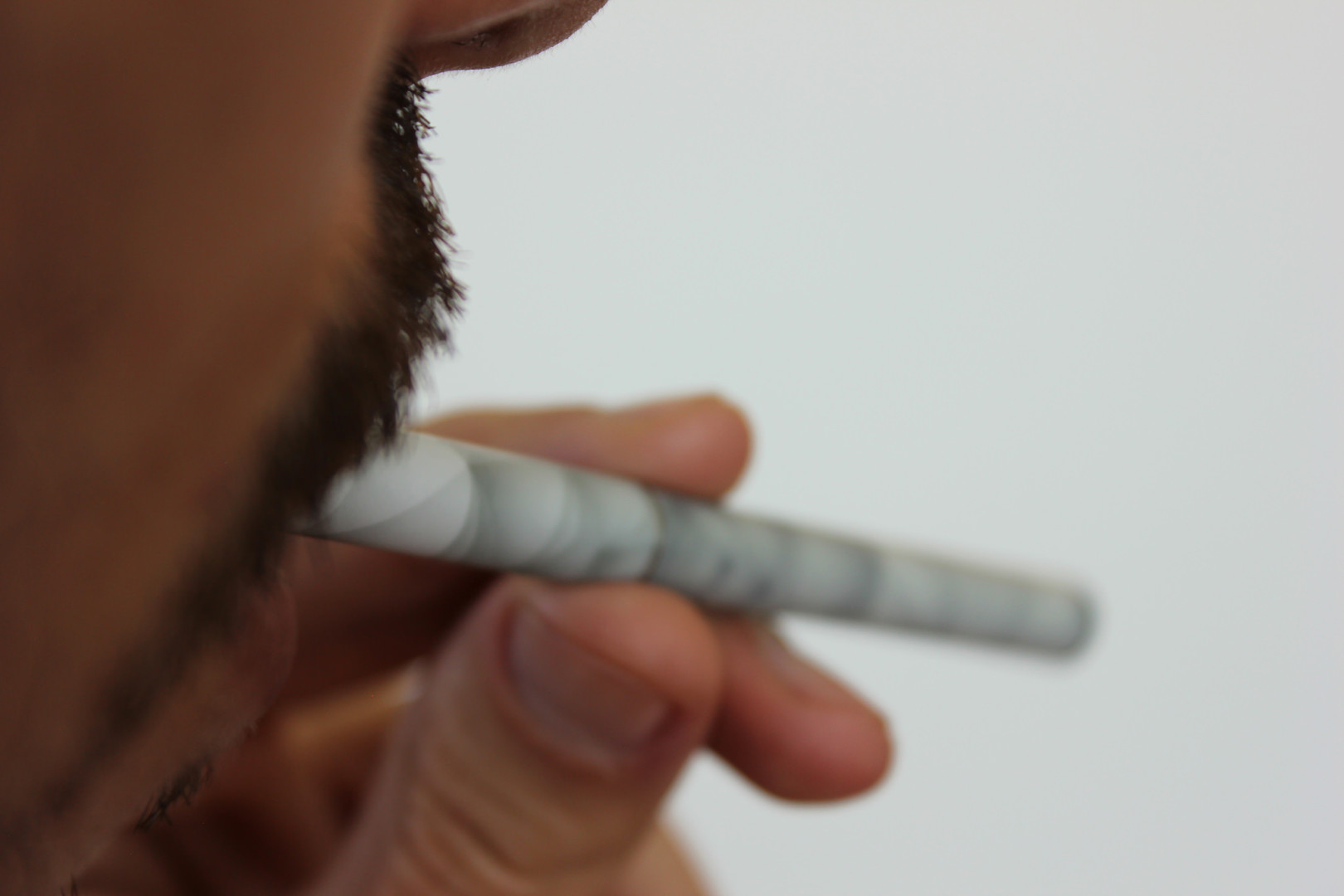A coalition of 13 organizations, including think tanks like TechFreedom and High Tech Forum, called on Congress to pass legislation that would loosen regulations on electronic cigarette manufacturers that took effect last year.
The rules were finalized by the Food and Drug Administration in May and went into effect in August. The groups are challenging the FDA’s “deeming rule” that requires e-cigarette makers to go through what the coalition considers to be a “lengthy and expensive” application process for products that were not on the market before Feb. 15, 2007.
“The FDA has reflexively applied the precautionary principle, giving more weight to theoretical concerns about problems that might arise rather than any concrete evidence of harm,” the organizations wrote in a letter Tuesday to Senate Majority Leader Mitch McConnell (R-Ky.) and House Speaker Paul Ryan (R-Wis.). “In doing so, the agency is depriving smokers of a demonstrably safer alternative out of pure speculation.”
The libertarian-oriented tech groups became involved in the e-cigarette debate because they view the government regulations as interfering in the development of new technology. Americans for Tax Reform and the free-market think tank, R Street Institute, also signed onto the letter.
The groups say the FDA’s regulations hurt small businesses, which “make up much of the vaping industry,” and that small businesses will be “hit hardest.”
The coalition said Congress should pass legislation that would change the FDA’s rules to require applications for products that were not on the market before Aug. 16, 2016, instead of Feb. 15, 2007. Changing the date would have “no effect” on the agency’s ability to protect consumers and regulate e-cigarettes, but it would still allow companies to produce and sell products without going through a cumbersome application process, the groups said.
Evan Swarztrauber, communications director at TechFreedom, said in an email that fixing the predicate date is “necessary to avoid catastrophe, but it’s only the first step.”
“Further legislation will be needed to provide a lasting framework that allows for continued innovation in vapor products and tobacco harm reduction,” he said.
Lawmakers showed interest in changing the FDA’s regulations during the 114th Congress. An amendment offered by Reps. Tom Cole (R-Okla.) and Sanford Bishop (D-Ga.) that would have nullified the Feb. 15, 2007, predicate was adopted 31-19 by the House Appropriations Committee in April, but the overall measure didn’t get a vote on the House floor.
The groups said in Tuesday’s letter that legislation easing e-cigarette and other vaping product regulations should “mirror” the Cole-Bishop amendment. There are currently no bills in the 115th Congress that would address the e-cigarette issue raised by the coalition.
In December, Sen. Ron Johnson (R-Wis.) and Rep. Duncan Hunter (R-Calif.) wrote to Vice-President-elect Mike Pence requesting that the next administration to repeal or suspend the FDA’s e-cigarette rules. The lawmakers said the rules threaten “to crush the e–cigarette industry and potentially hurt the public’s health by making it harder for consumers to access products that serve as an alternative to smoking.”

